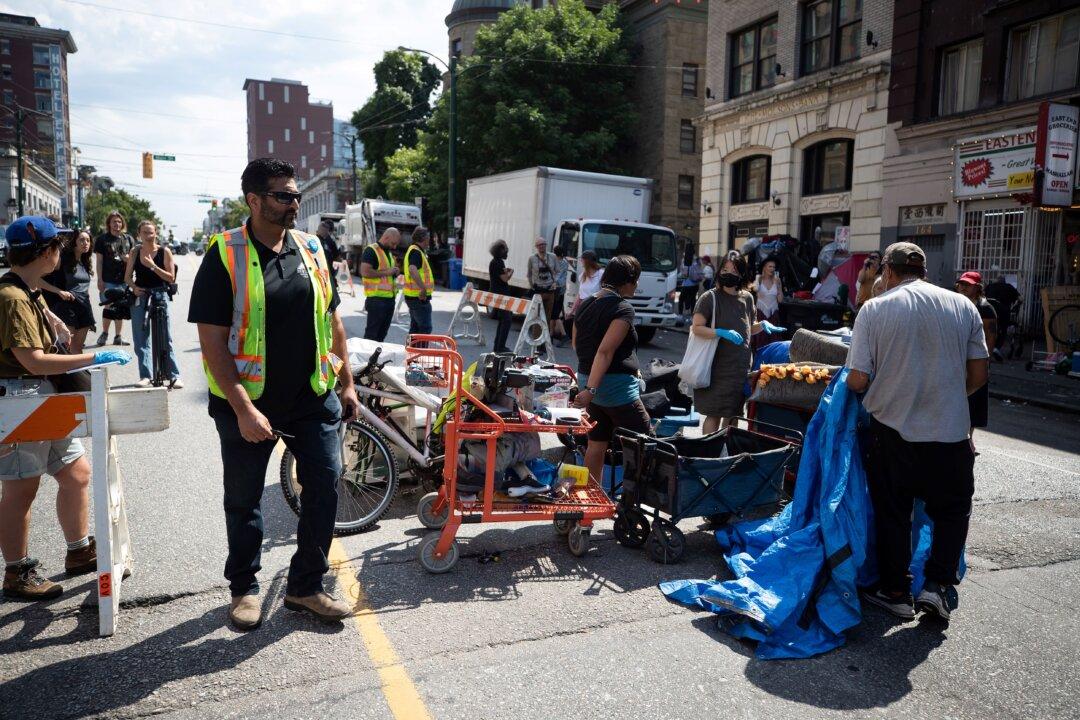When Ken Sim competed with Kennedy Stewart in Vancouver’s municipal elections in 2018, he lost to Stewart by fewer than 1,000 votes. When the two vied for the same position of Vancouver mayor on Oct. 15, voters sent Sim and his ABC Vancouver party to a landslide victory, a development some are seeing as a rejection of recent progressive policies.
Sim beat Stewart by more than 35,000 votes, and still would have won if all other mayoral candidate votes were combined. His party also won every city councillor and school trustee seat its candidates ran for.





